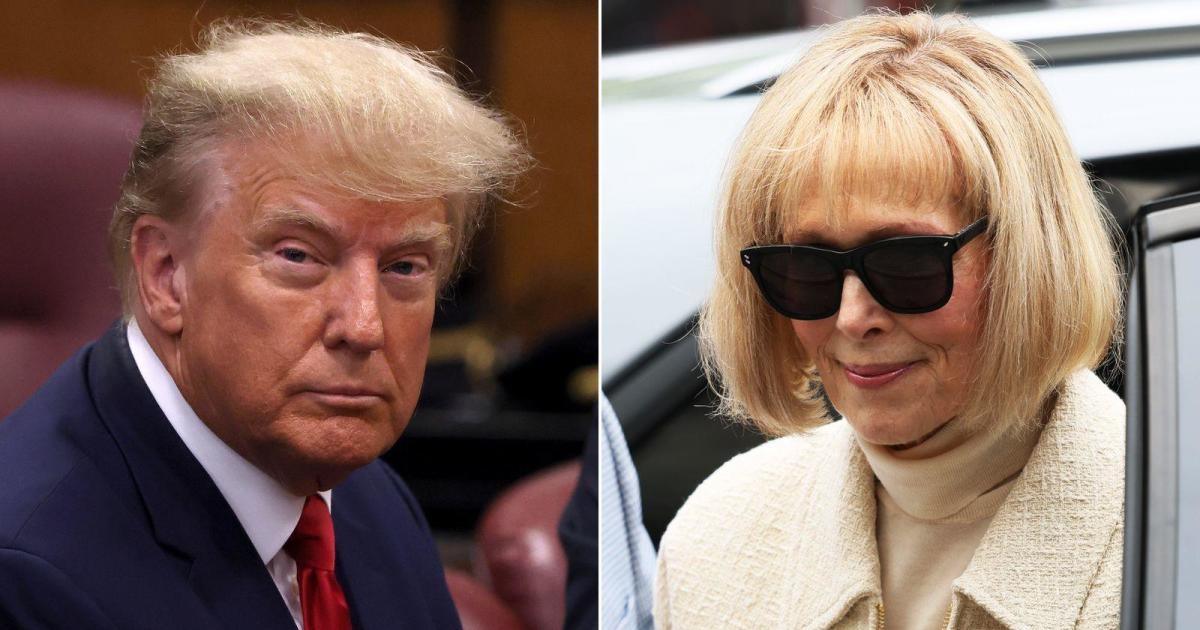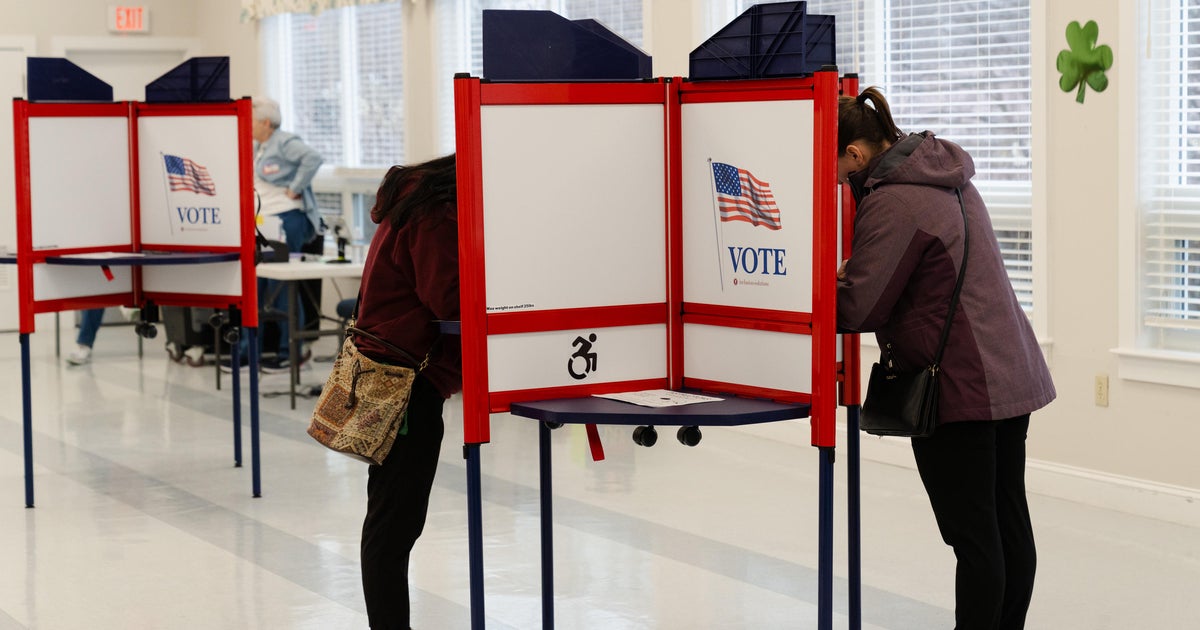Trump says "the president can't have a conflict of interest" - is he right?
In an interview with the New York Times earlier this week, Donald Trump dismissed the potential conflicts of interest his business empire could pose to his presidency.
“The law’s totally on my side, the president can’t have a conflict of interest,” Mr. Trump told Times reporters and editors.
“In theory I could run my business perfectly and then run the country perfectly. There’s never been a case like this,” he added. “I’d assumed that you’d have to set up some type of trust or whatever and you don’t.”
Mr. Trump is correct on some points about the letter of one law-- the president and vice president are mostly exempt from federal conflict of interest laws, under Title 18, Section 208 of the U.S. code.
In October, the Congressional Research Service released a report saying that “as a general rule, public officials in the executive branch are subject to criminal penalties if they personally and substantially participate in matters in which they (or their immediate families, business partners or associated organizations) hold financial interests.” But it went on to note that “because of concerns regarding interference with the exercise of constitutional duties, Congress has not applied these restrictions to the President. Consequently, there is no current legal requirement that would compel the President to relinquish financial interests because of a conflict of interest.”
However, the president-elect could run into a problem with the Emoluments Clause of the Constitution. An emolument is a fee or salary, and in this case the clause prohibits government officials from receiving gifts from foreign government or state-run foreign companies without congressional consent.
This is how the law reads: “[N]o Person holding any Office of Profit or Trust under them, shall, without the Consent of the Congress, accept of any present, Emolument, Office, or Title, of any kind whatever, from any King, Prince, or foreign State.”
This could significantly affect his business dealings. In a story earlier this week, the New York Times quoted President Obama’s chief White House ethics lawyer, Norman Eisen. “Whenever Mr. Trump receives anything from a foreign sovereign, to the extent that it’s not an arm’s-length transaction,” Eisen told the Times, “every dollar in excess that they pay over the fair market price will be a dollar paid in violation of the Emoluments Clause and will be a present to Mr. Trump.”
This might be found to apply to foreign diplomats staying at Mr. Trump’s hotels, including his newest Washington, D.C. property, which has been pitching stays to foreign officials, the Washington Post reported.
Another potential conflict arose in the Times interview with Mr. Trump Tuesday, when he admitted that he “might have” spoken with British politician Nigel Farage about the issue of wind farms in the United Kingdom -- a topic that would have a direct impact on the value of the president-elect’s Scottish golf course.
Asked if he had encouraged Farage and those accompanying him to stop a controversial wind farm from obstructing the views at the golf resort, Trump said, “I might have brought it up.”
Still, there is little legal precedent for presidents to face penalties over the Emoluments Clause -- in part because past leaders have taken great pains to avoid even the appearance of conflicts of interest. Since 1963, for instance, most presidents have instituted blind trusts to oversee their investment portfolios.
But the conflict of interest that the hotel could pose reaches even beyond the constitutional clause, as well.
For use of the government-owned Old Post Office for his new Washington hotel, for instance, Trump also agreed on annual rent to the government in a contract that was signed more than three years ago.
So what possibly could be the problem now?
Plenty, according to Steven Schooner, a professor of government procurement law at George Washington University who has studied the contract. In addition to base rent, the president-elect agreed to additional annual payments based on various financial measures of how well the hotel is doing. Schooner says such payments typically require drawn out negotiations each year.
“How can anyone expect a government employee to negotiate with the Trump family at arm’s length and treat the Trump family like any other contractor?” Schooner asks.
Mr. Trump has said that in order to avoid conflicts of interest, he would turn over control of the Trump Organization to his children, but the president-elect has already shown an interest in keeping a heavy hand in his business dealings, even in the context of his presidency.
Last week, the president-elect met with three Indian business partners in Trump Tower, the developers of a Trump-branded luxury apartment complex in Pune, India.
Another conflict could be posed by one of Trump’s biggest lenders, Deutsche Bank, a German giant in settlement negotiations with the Department of Justice on its role in the mortgage blowup that triggered the 2008 financial crisis. The hit to Deutsche could be substantial, with the government reportedly demanding $14 billion.
One possible response is for Trump to make sure the Deutsche case is handled by career civil servants at Justice, and any appointee like the attorney general is recused. A career civil servant doesn’t have to worry about being fired if he goes against Trump’s wishes, but may still worry about displeasing bosses connected to the president.



